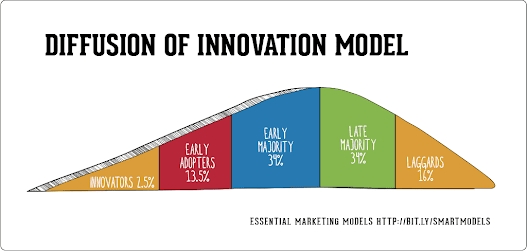So many people say that "kids these days" are addicted to our phones and social media, and while this may be true for some I don't believe it to be true for myself and I don't think it's bad to us to be on social media, that is where so many teenagers view their news and stay up to date. While social media can be good, it can also be very negative without one knowing. I have pretty much every social media platform: Facebook, Twitter, Instagram, Tik Tok, YouTube, Linkedin, Snapchat, and I'm sure more that I can not think of. I use them almost daily, as I get older I have shared less knowing that my social media will likely be checked when applying for jobs, and knowing that whatever I put out can never be taken down even if I delete it. I make sure not to share anything having to do with politics, while this saves me from getting in arguments with family members and losing friends over my beliefs it creates more calls and texts coming to my phone during the election. Since I don't share what party I am affiliated with I get texts, calls, emails, etc from all sides of the political spectrum.
So I don't share my political beliefs, but what do I share on my social media accounts?
Facebook: I tend to share more on Facebook for my family members who don't live near me and that I don't really talk to often to see what I am up to while at school. Facebook is the first place I go to share exciting news, like where I was going to college, when I declared my double major, and that I would be in the fall semester play. I occasionally repost memes and heart-felt stories others post. My main reason for keeping Facebook is because my community service project Paint Mt. Pleasant Gold took off and became and annual event for my town, I post regularly on the account to share facts about childhood cancer, share success stories, post where to donate, and share about lost lives from cancer. Facebook is probably where the most information can be found on me. It has my name, pictures, where I go to school, what I go to school for, where I work when I'm not in school, etc.
Instagram: My Instagram is a public account, so anyone who wants to follow me has the ability to, but I don't post on the account frequently, I mainly use it to see what my friends are up to and post when I do something fun or cool. If I go anywhere I make sure to post pictures after I am back so no one I don't know has the information that I am not at home, and I always make sure to be vague and not include my exact location. I think Instagram has very little information on me, it knows where I go to school, but doesn't know what I go for, where I work, it can't get my phone number or email as easily as one can on Facebook. It is pretty laid back.
Twitter: I haven't posted on my Twitter account in over 3 years, and even when I posted it was only once or twice. My Twitter has almost no information on me, I primarily use it to view news and keep tabs on my favorite "celebrities" . I never liked the social media network, so I will likely continue my once a month use and might make the decision to start to post depending on where my career path goes.
I'll admit, before I took this class, I tried to be careful about what I put on my social media, my dad was always on me about what I was posting, but after taking this course and learning more about my presence on social media, I am more careful than ever. I'm starting to check my settings to see what others can see about me, make accounts private, share less personal information, and watch what I am signing up for when starting new accounts. I don't plan on and can't get rid of my social media as a whole as what I plan on pursuing in life requires me to have an online presence, but I know I have to be smart about my presence.













